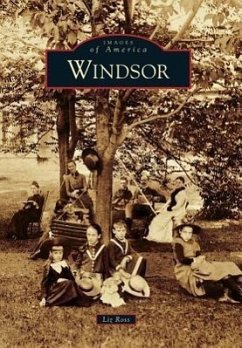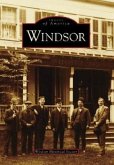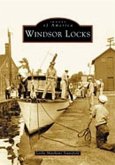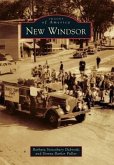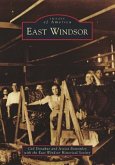Nestled in the shadow of beautiful Mount Ascutney and bordering the banks of the Connecticut River, Windsor was known as a manufacturing town from the 1800s through the mid-1900s. In the 1800s, groundbreaking manufacturing techniques were launched here, and in the 1900s, Scribner editor and Windsor resident Maxwell Perkins discovered a trio of Americas literary greats: F. Scott Fitzgerald, Ernest Hemingway, and Thomas Wolfe. Vermont was the first state to declare that it would not tolerate slavery within its boundaries. During the 19th century through the 20th century, Windsor became an attractive destination for many city folks from New York; artists, writers, architects, and politicians came to the bustling town. Windsor brings to light the important and colorful history of the town that gave birth to the state of Vermont in the 1700s.
Hinweis: Dieser Artikel kann nur an eine deutsche Lieferadresse ausgeliefert werden.
Hinweis: Dieser Artikel kann nur an eine deutsche Lieferadresse ausgeliefert werden.

